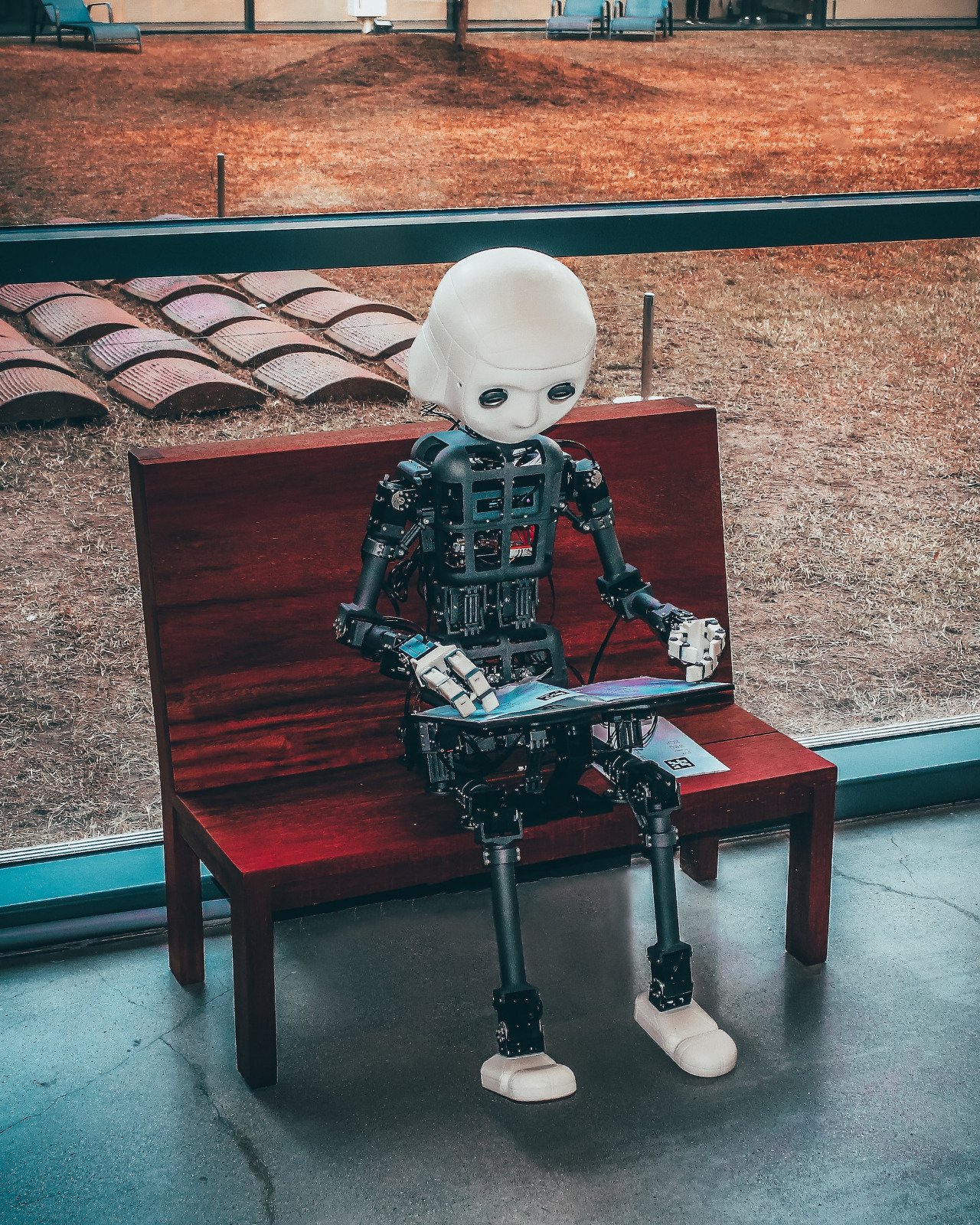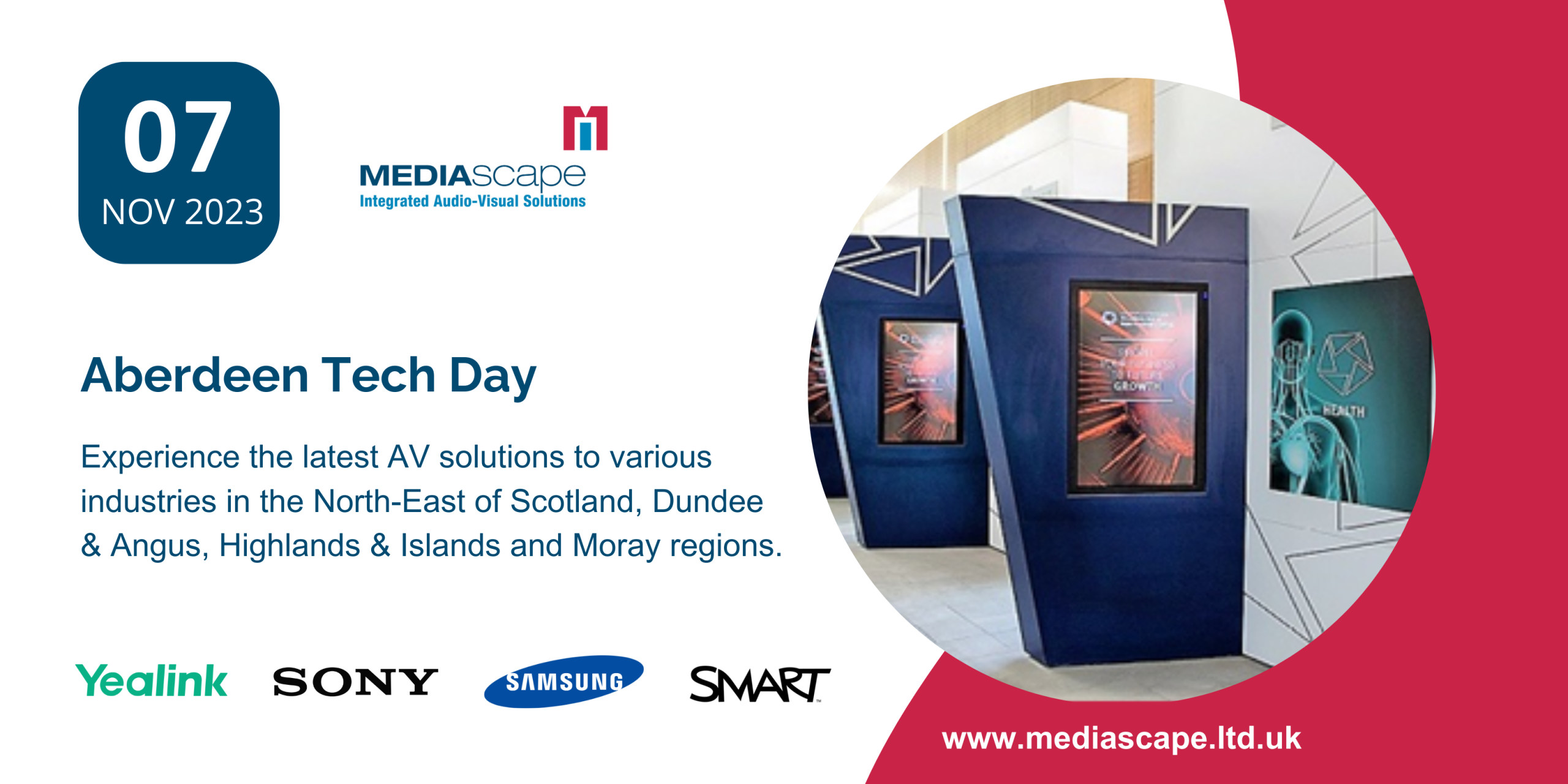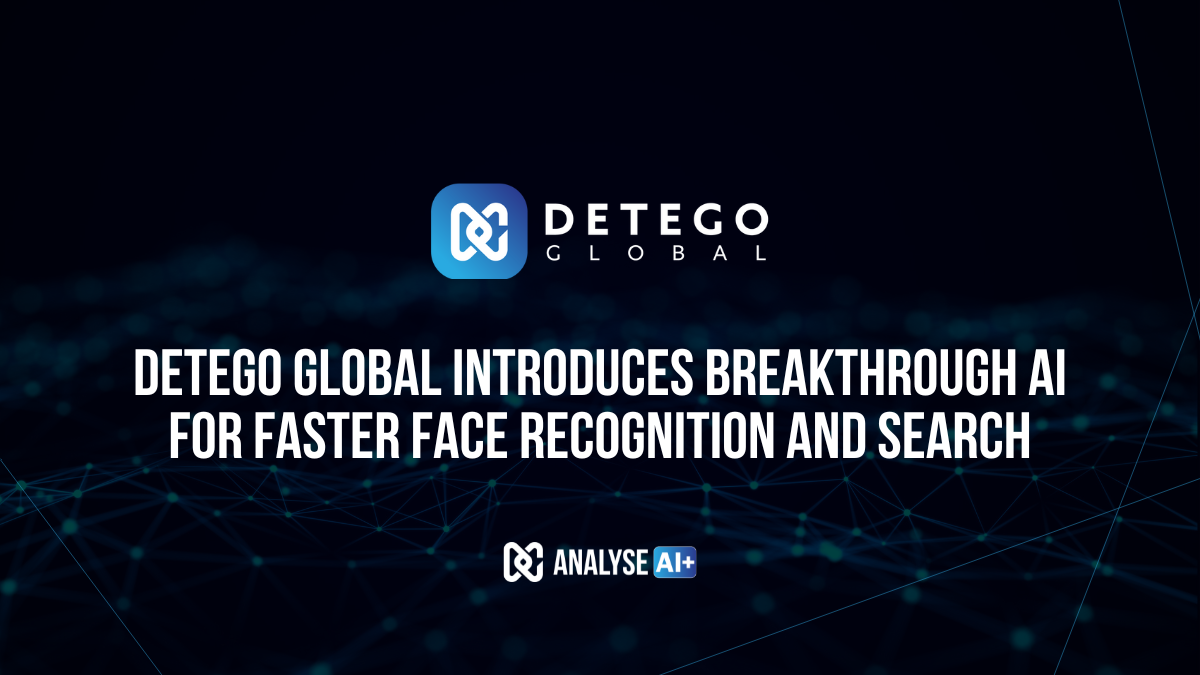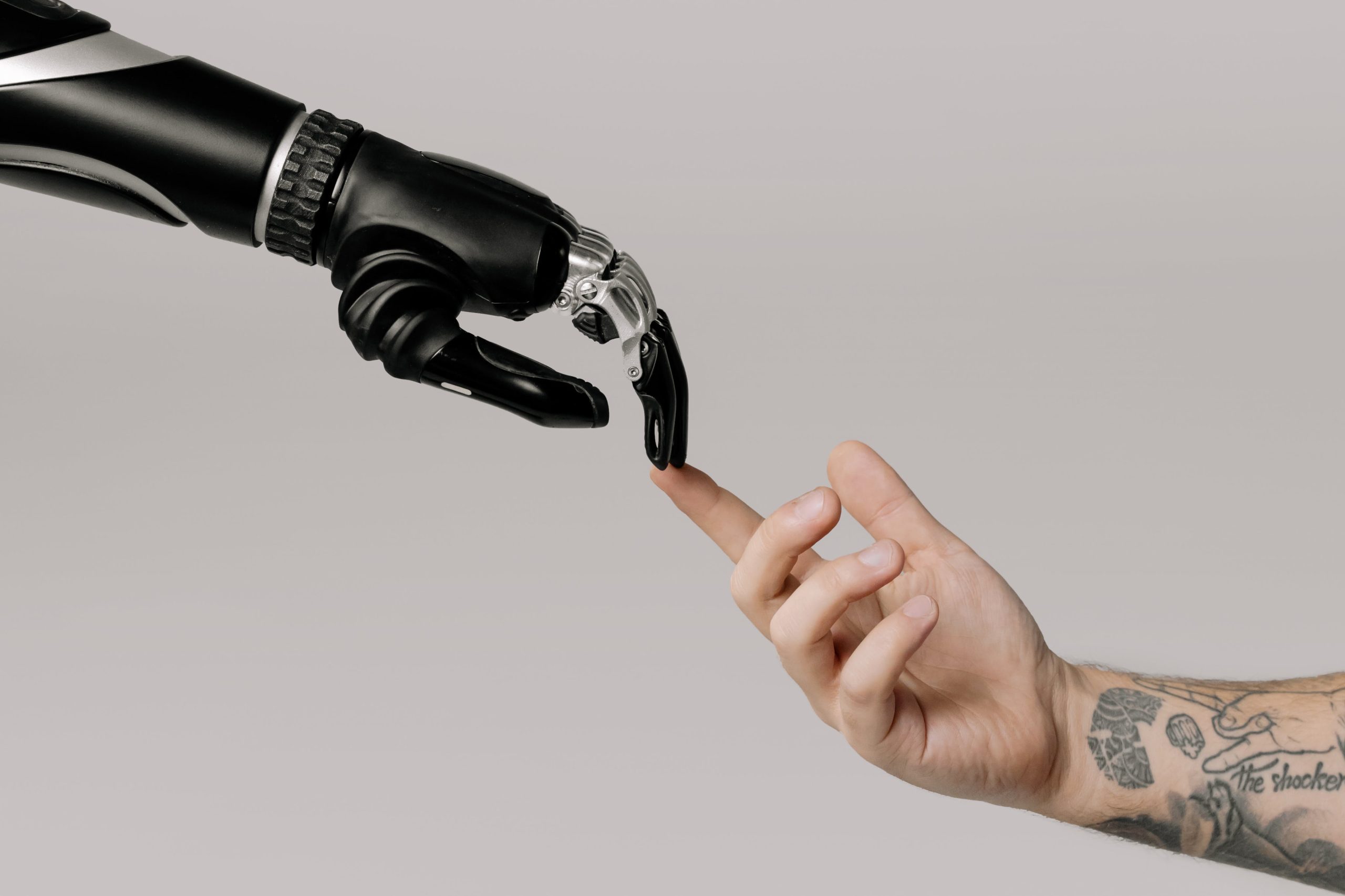
In the modern era, Artificial Intelligence (AI) in the education sector has emerged as a potential game changer. This article evaluates whether AI can ever replace human tutors, charting the evolution of AI in education and examining the implications for human educators.
Understanding Artificial Intelligence (AI) in Education
Artificial Intelligence (AI), an instrumental innovation of the digital age, is a specialized branch of computer science focused on creating intelligent machines capable of replicating human activities, such as learning, reasoning, and problem-solving. The notion of artificial intelligence for students has penetrated the educational sector, where AI applications are increasingly integrated into various learning processes and administrative operations.
AI’s implications in education are diverse, with applications extending from personalized learning and detection of learning deficits to automated grading and administrative processes. The benefits of leveraging AI in education are manifold. From simplifying monotonous administrative tasks, enabling educators to focus more on their pedagogical roles, to generating swift feedback and results, AI streamlines this sphere impressively.
Most importantly, with its ability to analyze learner’s strengths and weaknesses, AI paves the way for customize academic paths tailored to individual student needs. This level of personalization provided by AI has the potential to augment traditional classroom experiences, which typically struggle to individualize learning due to the standard one-size-fits-all approach predominantly used in traditional educational institutions.
The integration of AI in the classroom fundamentally changes the student learning experience. Each student benefits from an individualized learning environment, with AI providing an adaptive and personalized learning path. As such, artificial intelligence for students offers more than just academic support; it provides a bespoke learning experience, accommodating various learning styles and paces and ensuring no learner gets left behind.
The Role of Human Tutors in Education
Human tutors’ unique roles and responsibilities remain integral to learning, extending beyond simply imparting information. They mentor, inspire, and invest emotionally in their students, things AI cannot replicate. However, there are limitations. Human tutors can’t provide round-the-clock attention to each student due to time constraints and the student-teacher ratio in most educational institutions.
Comparing AI and Human Tutors
In terms of learning experience, AI delivers consistent, error-free content but lacks the human touch that many learners may need to stay motivated. As for efficiency, AI outstrips human tutors with their ability to manage and process vast amounts of information rapidly. Yet, their adaptability to different learning styles may fall short when compared to human educators who can provide context and nuance.
Can AI Fully Replace Human Tutors?
The discussion about AI replacing human tutors is a complex one. One side of the argument emphasizes the strengths of AI: its capacity for personalizing learning, availability round the clock, and the ability to deliver instant feedback. For instance, using AI applications like free plagiarism checker from Academichelp offers real-time, error-free analysis crucial for academic integrity – something that would be much more time-consuming for a human tutor.
However, these arguments often overlook vital aspects of human teaching – emotional intelligence, value education, real-time modification, and spontaneity. Human educators provide a sense of understanding, comfort, and empathy that a machine, provided by AI despite how intelligent, cannot emulate.
Teachers possess intuitive proficiency to adapt the teaching methods according to the learner’s preferences on the go, which may sometimes prove confounding for an AI. No matter how smart an AI might be, it cannot provide moral support, recognize complex human emotions, or pick up on social cues.
Moreover, there are technical challenges that must be considered. Not all students or schools have access to stable, fast internet or the necessary hardware to support AI systems. Issues around data security and privacy, frequent updates, and server issues can also be impediments in AI’s capacity to replace human tutors entirely.
As such, while AI can be a game-changer in education, claiming its capacity to completely eliminate the need for human tutors seems to be an overstatement at this stage.
A Balanced Perspective: Complementing, not Replacing
The key to better education likely lies in a blend of AI technology and human touch. Integrating the two promises an improved, efficient learning environment. Alongside AI’s customisation, human tutors can enhance AI-based learning by providing necessary emotional support, context, and real-time adaptation that AI may fail to deliver.
Implications and Recommendations
The AI advancement comes with impacts on the education sector. Schools and tutors might need to adapt, possibly incorporating AI tools into their teachings. Policymakers should ensure comprehensive training for educators on AI tool usage. Lastly, future research should focus more on human-AI collaborative learning environments.
Conclusion
AI’s role in education is undoubtedly transformative, yet the claim that it will replace human tutors completely seems far-fetched. For a holistic education, pooling the strengths of AI and human-teacher synergies offers the most promising pathway.





